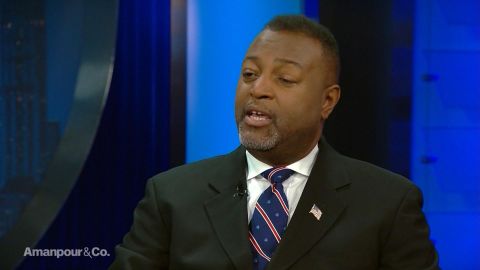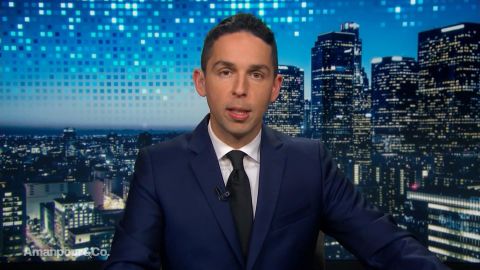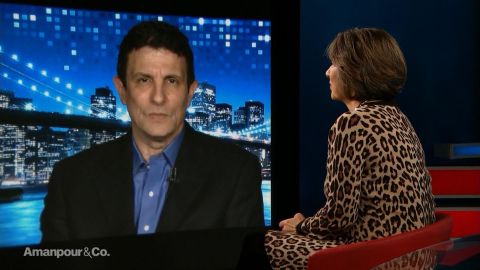Read Transcript EXPAND
REMNICK: Well, I think there’s a text and I think there’s a subtext, in many ways, depending on who’s looking at it. The text, the obvious thing is that a president has died, a major figure in recent American history has died. And the first wave of obituaries were, in my view, hagiographic. They were talked about, and very legitimately, in many cases, about a sense of decency, a certain kind of character, a way of dealing with people, foreign policy successes. But the first wave really overlooked what, in even the best political life, is a mixed record, a mixed record. And we can get into the specifics of that in a second. So that’s the text. The – and the pomp and circumstance that goes with it. The second thing is there’s a subtext. The subtext begins with a capital T, Trump. That’s what this is about in many ways, that a lot of descriptions of George H. W. Bush and maybe some of hagiographic aspects of those descriptions are all too simple and one sided is without a doubt, in my mind, directed at our present politics, the lying, the indecency, the lack of character, all the things – and the moment of investigations, the dishonesty in business and in politics, all of it, the description of George H. W. Bush. However – however, you know, somewhat over-glorified, in many ways, is in stark contrast, stark contrast to Donald Trump. And that’s – that’s a big part of what we’re experiencing.
AMANPOUR: OK, so we’re going to drill down on that in a little bit. But let us talk about some of the major foreign policy achievements of George Bush 41. Let’s talk first about how there he was as the Berlin Wall came down, communism collapsed, and then there was the Soviet Union which collapsed. I mean it just wasn’t there anymore. Suddenly, the Cold War is gone. And you are watching this from an amazingly privileged vantage point, in terms of journalistically, in Moscow. How much credit does 41 deserve for the orderly management of Soviet-U.S. relations and the change in – in that situation?
REMNICK: Well, let’s be clear in the beginning, that the – if you’re going to look at in terms of individuals, rather than in social forces and political and the long history of the Cold War and Soviet history and American history and all the rest, if you’re looking in – through the lens of individuals in the late ’80s and early ’90s, if there’s a singular character, it’s not America, it’s Mikhail Gorbachev. Mikhail Gorbachev is the one that made the extraordinary break with Soviet politics and Russian and Soviet history to begin reforming this country to reach out to the Reagan administration and to begin to end this – this multigenerational confrontation between the Soviet Union and the United States.
About This Episode EXPAND
Christiane Amanpour speaks with David Remnick, Editor of The New Yorker, about the legacy of George H. W. Bush; and Josh Campbell, former FBI Agent, about national security. Alicia Menendez speaks with Malcolm Nance about his new book “The Plot to Destroy America.”
LEARN MORE


